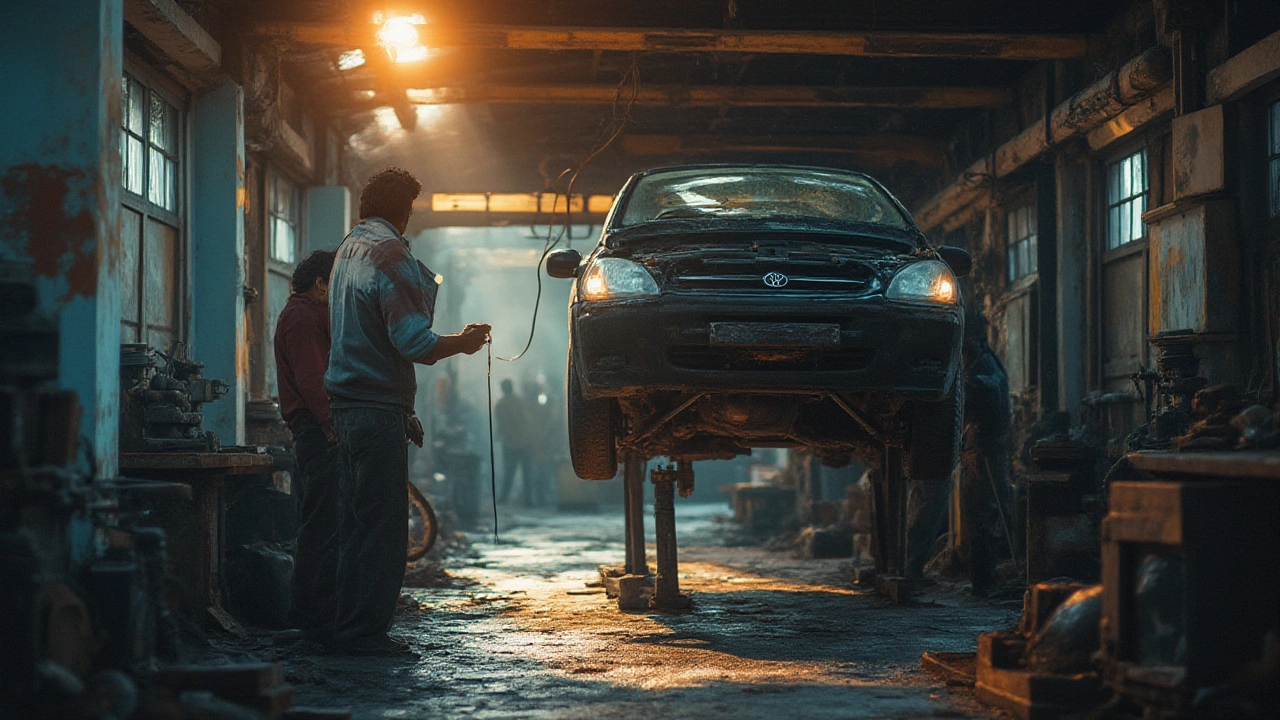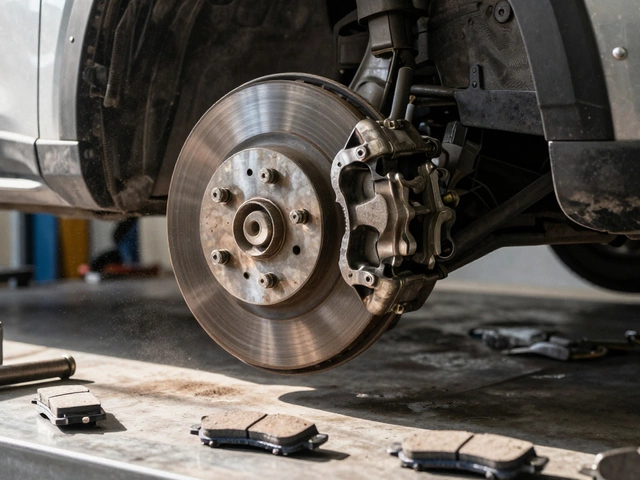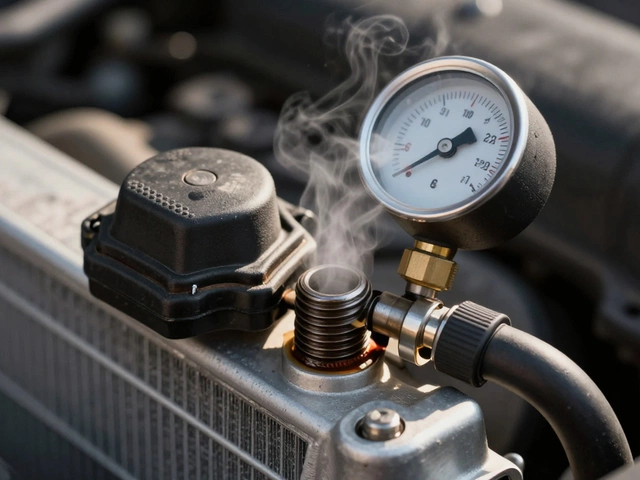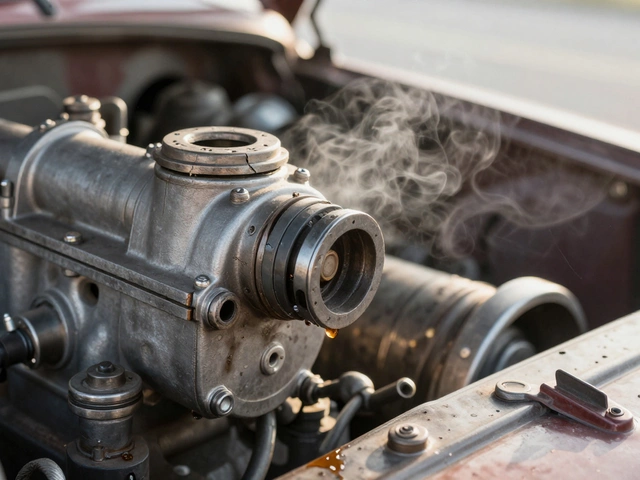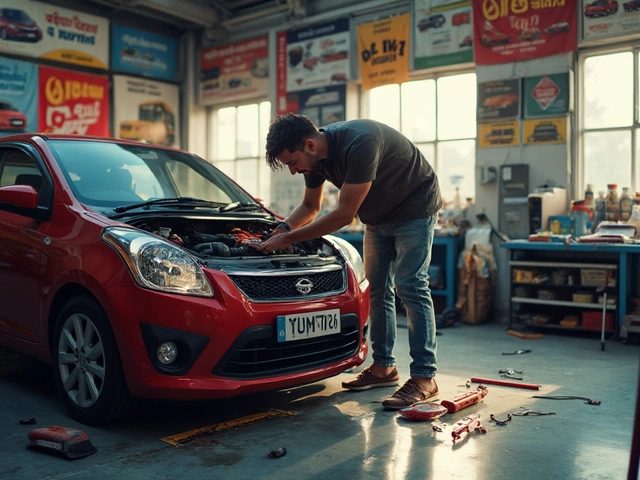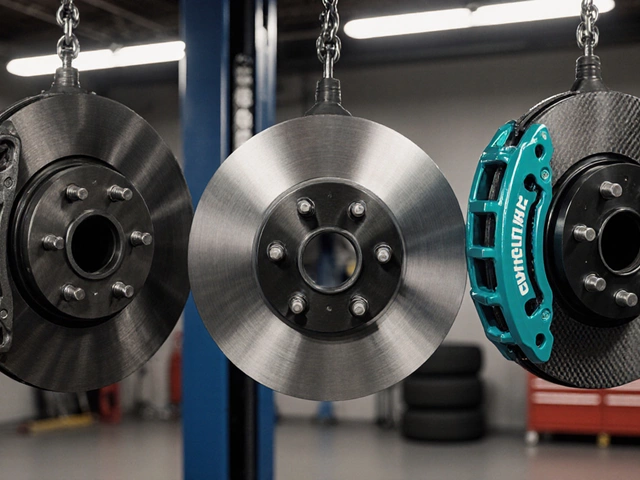Automotive Maintenance: Essential Tips to Keep Your Car Running Smoothly
Ever wonder why some cars seem to run forever while others are always in the shop? The difference is often a simple maintenance routine. You don’t need a mechanic’s degree to stay on top of the basics—just a bit of know‑how and a regular schedule.
Everyday Maintenance Checklist
These are the quick tasks you can do while your coffee brews or before you head out for work. They take minutes, not hours, and they catch problems before they become expensive.
- Check oil level. Pull the dipstick, wipe it clean, re‑insert, then read the mark. Low oil can lead to engine wear fast.
- Inspect tire pressure. Use a handheld gauge or an air station. Proper pressure improves fuel economy and keeps the tires from wearing unevenly.
- Look at fluid reservoirs. Coolant, brake fluid, and windshield‑washer fluid should be topped up. Low coolant can cause overheating, while low brake fluid hurts stopping power.
- Test lights. Turn on headlights, brake lights, and turn signals. A burnt bulb is a cheap fix that keeps you safe and legal.
- Listen for odd noises. A squeal, grind, or rattle when you start the engine usually means something needs attention.
Take a photo of your dashboard warning lights and note the mileage when you check them. This simple log helps you spot patterns, like a check‑engine light that comes on every 2,000 miles.
When to Call a Pro
Even the most diligent DIYer runs into issues that need a specialist. Knowing when to step back saves you time and money.
Brake trouble. If you hear a grinding sound or feel a spongy pedal, replace the pads and check the rotors. Ignoring brake wear can damage the rotors and lead to costly repairs.
Coolant leaks. A sweet smell, steam, or an overheating warning means the cooling system is compromised. A bad radiator or a blown head gasket needs professional diagnosis.
Transmission slips. Hard shifting, clutch chatter, or delayed engagement suggest clutch wear or transmission issues. A clutch kit can last many miles, but it needs proper installation.
Exhaust problems. Loud rumble, reduced power, or a check‑engine light could point to a muffler delete gone wrong, a broken pipe, or a failing catalytic converter. A mechanic can test decibel levels and ensure you stay legal.
When you’re unsure, schedule a quick inspection. Most shops can run a diagnostic scan for free or a low fee, pinpointing the issue before it spirals.
Keeping a car in top shape isn’t about splurging on upgrades; it’s about staying consistent with the basics. Use the checklist above, track mileage, and don’t hesitate to get a professional opinion when something feels off. Your car will thank you with smoother rides, better fuel mileage, and fewer surprise trips to the shop.
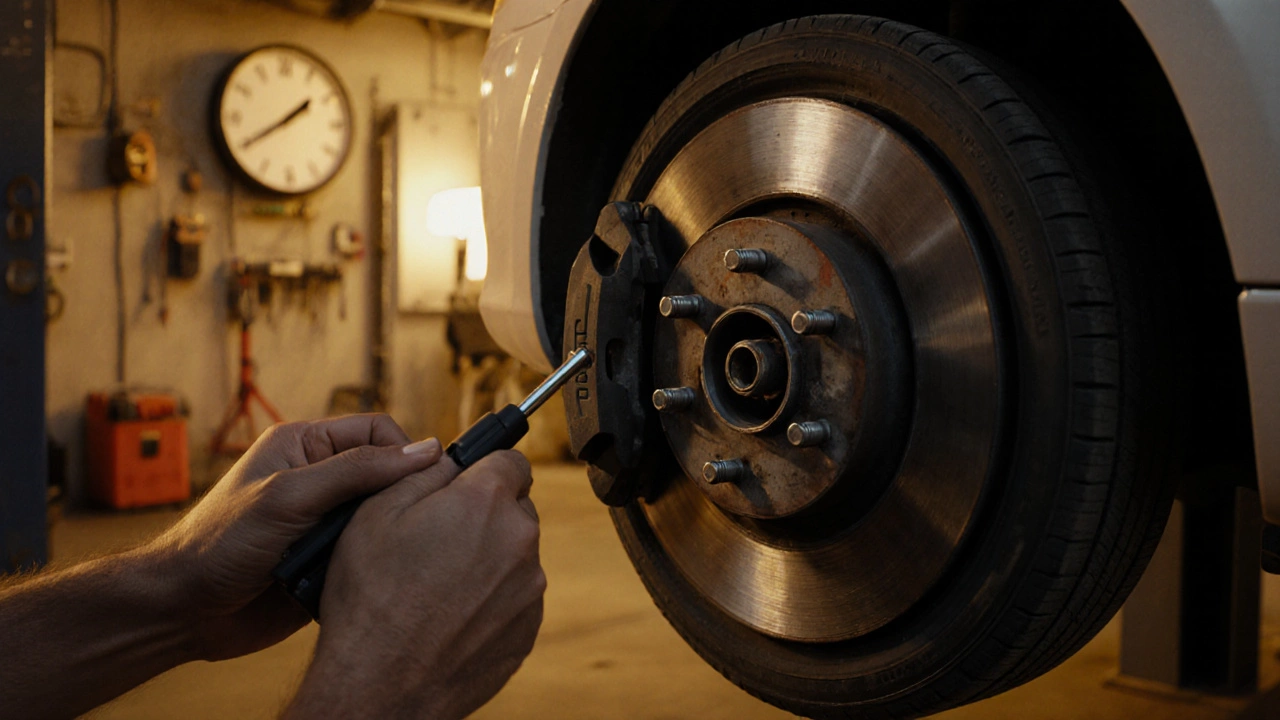
Brake Pad Replacement Time Guide: How Long Should It Take?
Find out how long a brake pad replacement really takes, with detailed time estimates, step‑by‑step breakdowns, tools needed, and tips for both DIYers and professional shops.
CONTINUE READING
How Much Should It Cost to Replace Your Fuel Pump?
Figuring out the cost to replace a fuel pump can be tricky since prices vary by vehicle type, labor rates, and parts. On average, you might be looking at $400 to $800, but certain vehicles could push costs even higher. This guide walks you through the components of the fuel pump, factors affecting cost, and tips for saving money. Knowing what to expect can help you manage your budget and ensure your car stays running smoothly.
CONTINUE READING